S. KOREA’S DEVELOPMENT IN LOCAL VACCINE
입력 2022.04.27 (15:07)
수정 2022.04.27 (16:45)
읽어주기 기능은 크롬기반의
브라우저에서만 사용하실 수 있습니다.
[Anchor Lead]
Korea reported 76,787 new COVID-19 cases as of midnight of Wednesday, nearly 34,500 fewer than a week before, continuing the decline. The weekly risk level was also lowered from high to medium nationwide. The decreasing trend continues steadily, but health authorities are concerned about the possibility of another surge caused by a new variant in the coming fall. Nevertheless, Korea appears to have more weapons to deal with a resurgence and new variants as the first Korean-made vaccine is poised to hit the market.
[Pkg]
The release of Korea’s first locally developed COVID-19 vaccine is imminent. SK Bioscience says its GBP510 demonstrated a higher immunity against COVID-19 than AstraZeneca’s shot in Phase 3 trials. The company plans to obtain safety test results this week before applying for approval from the drug safety ministry.
[Soundbite] Kim Hun(CTO, SK Bioscience) : "We expect to follow the rapid procedure at the Drug safety Ministry and once approved, plan to release the contracted portions of the vaccine later this year."
The nation’s cumulative COVID-19 caseload stands at over 17 million as of Wednesday, implying that a large number of Koreans have acquired natural immunity. 86.8% have received the second dose and 64.5% have gotten boosters. This may reduce demand for vaccines for the time being. However, the virus is expected to eventually become an endemic, so securing vaccine sovereignty is still meaningful. Korea would have an easier time obtaining enough vaccines when periodical vaccination becomes necessary to protect high-risk groups. The nation could also get ready for the emergence of a new variant. It is possible to develop vaccines for variants by applying variant antigens on the already developed platform.
[Soundbite] Prof. Kim Woo-joo(Korea Univ. Guro Hospital) : "They can quickly make a vaccine against the new variant using the already developed vaccine and Korea can become self-sufficient."
The presidential transition team has announced a new guideline for wearing masks outdoors. It also unveiled a 100-day road map that includes measures for COVID-19 aftereffects as well as a vaccine development support plan.
Korea reported 76,787 new COVID-19 cases as of midnight of Wednesday, nearly 34,500 fewer than a week before, continuing the decline. The weekly risk level was also lowered from high to medium nationwide. The decreasing trend continues steadily, but health authorities are concerned about the possibility of another surge caused by a new variant in the coming fall. Nevertheless, Korea appears to have more weapons to deal with a resurgence and new variants as the first Korean-made vaccine is poised to hit the market.
[Pkg]
The release of Korea’s first locally developed COVID-19 vaccine is imminent. SK Bioscience says its GBP510 demonstrated a higher immunity against COVID-19 than AstraZeneca’s shot in Phase 3 trials. The company plans to obtain safety test results this week before applying for approval from the drug safety ministry.
[Soundbite] Kim Hun(CTO, SK Bioscience) : "We expect to follow the rapid procedure at the Drug safety Ministry and once approved, plan to release the contracted portions of the vaccine later this year."
The nation’s cumulative COVID-19 caseload stands at over 17 million as of Wednesday, implying that a large number of Koreans have acquired natural immunity. 86.8% have received the second dose and 64.5% have gotten boosters. This may reduce demand for vaccines for the time being. However, the virus is expected to eventually become an endemic, so securing vaccine sovereignty is still meaningful. Korea would have an easier time obtaining enough vaccines when periodical vaccination becomes necessary to protect high-risk groups. The nation could also get ready for the emergence of a new variant. It is possible to develop vaccines for variants by applying variant antigens on the already developed platform.
[Soundbite] Prof. Kim Woo-joo(Korea Univ. Guro Hospital) : "They can quickly make a vaccine against the new variant using the already developed vaccine and Korea can become self-sufficient."
The presidential transition team has announced a new guideline for wearing masks outdoors. It also unveiled a 100-day road map that includes measures for COVID-19 aftereffects as well as a vaccine development support plan.
■ 제보하기
▷ 카카오톡 : 'KBS제보' 검색, 채널 추가
▷ 전화 : 02-781-1234, 4444
▷ 이메일 : kbs1234@kbs.co.kr
▷ 유튜브, 네이버, 카카오에서도 KBS뉴스를 구독해주세요!
- S. KOREA’S DEVELOPMENT IN LOCAL VACCINE
-
- 입력 2022-04-27 15:07:58
- 수정2022-04-27 16:45:44
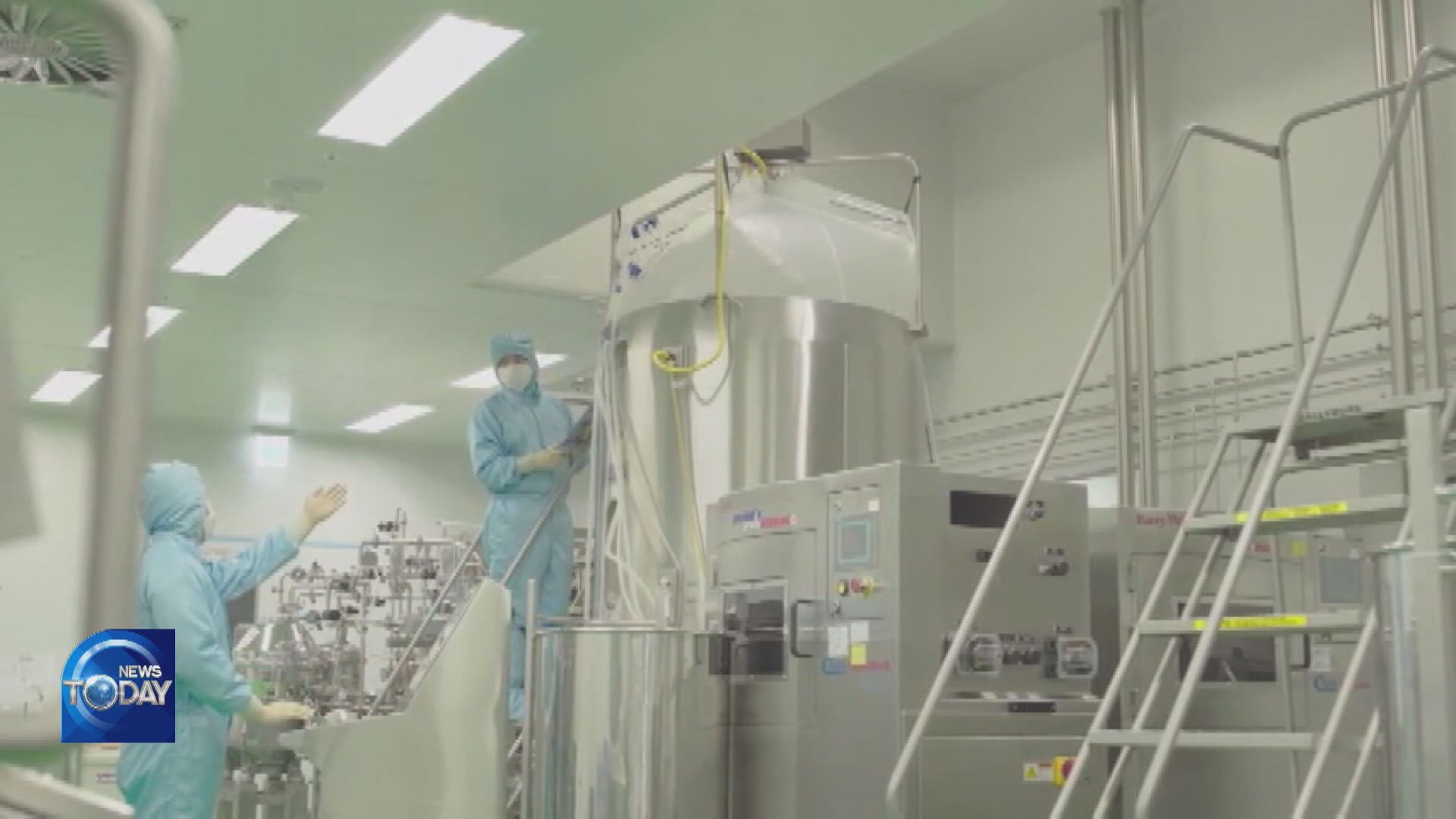
[Anchor Lead]
Korea reported 76,787 new COVID-19 cases as of midnight of Wednesday, nearly 34,500 fewer than a week before, continuing the decline. The weekly risk level was also lowered from high to medium nationwide. The decreasing trend continues steadily, but health authorities are concerned about the possibility of another surge caused by a new variant in the coming fall. Nevertheless, Korea appears to have more weapons to deal with a resurgence and new variants as the first Korean-made vaccine is poised to hit the market.
[Pkg]
The release of Korea’s first locally developed COVID-19 vaccine is imminent. SK Bioscience says its GBP510 demonstrated a higher immunity against COVID-19 than AstraZeneca’s shot in Phase 3 trials. The company plans to obtain safety test results this week before applying for approval from the drug safety ministry.
[Soundbite] Kim Hun(CTO, SK Bioscience) : "We expect to follow the rapid procedure at the Drug safety Ministry and once approved, plan to release the contracted portions of the vaccine later this year."
The nation’s cumulative COVID-19 caseload stands at over 17 million as of Wednesday, implying that a large number of Koreans have acquired natural immunity. 86.8% have received the second dose and 64.5% have gotten boosters. This may reduce demand for vaccines for the time being. However, the virus is expected to eventually become an endemic, so securing vaccine sovereignty is still meaningful. Korea would have an easier time obtaining enough vaccines when periodical vaccination becomes necessary to protect high-risk groups. The nation could also get ready for the emergence of a new variant. It is possible to develop vaccines for variants by applying variant antigens on the already developed platform.
[Soundbite] Prof. Kim Woo-joo(Korea Univ. Guro Hospital) : "They can quickly make a vaccine against the new variant using the already developed vaccine and Korea can become self-sufficient."
The presidential transition team has announced a new guideline for wearing masks outdoors. It also unveiled a 100-day road map that includes measures for COVID-19 aftereffects as well as a vaccine development support plan.
Korea reported 76,787 new COVID-19 cases as of midnight of Wednesday, nearly 34,500 fewer than a week before, continuing the decline. The weekly risk level was also lowered from high to medium nationwide. The decreasing trend continues steadily, but health authorities are concerned about the possibility of another surge caused by a new variant in the coming fall. Nevertheless, Korea appears to have more weapons to deal with a resurgence and new variants as the first Korean-made vaccine is poised to hit the market.
[Pkg]
The release of Korea’s first locally developed COVID-19 vaccine is imminent. SK Bioscience says its GBP510 demonstrated a higher immunity against COVID-19 than AstraZeneca’s shot in Phase 3 trials. The company plans to obtain safety test results this week before applying for approval from the drug safety ministry.
[Soundbite] Kim Hun(CTO, SK Bioscience) : "We expect to follow the rapid procedure at the Drug safety Ministry and once approved, plan to release the contracted portions of the vaccine later this year."
The nation’s cumulative COVID-19 caseload stands at over 17 million as of Wednesday, implying that a large number of Koreans have acquired natural immunity. 86.8% have received the second dose and 64.5% have gotten boosters. This may reduce demand for vaccines for the time being. However, the virus is expected to eventually become an endemic, so securing vaccine sovereignty is still meaningful. Korea would have an easier time obtaining enough vaccines when periodical vaccination becomes necessary to protect high-risk groups. The nation could also get ready for the emergence of a new variant. It is possible to develop vaccines for variants by applying variant antigens on the already developed platform.
[Soundbite] Prof. Kim Woo-joo(Korea Univ. Guro Hospital) : "They can quickly make a vaccine against the new variant using the already developed vaccine and Korea can become self-sufficient."
The presidential transition team has announced a new guideline for wearing masks outdoors. It also unveiled a 100-day road map that includes measures for COVID-19 aftereffects as well as a vaccine development support plan.
이 기사가 좋으셨다면
-
좋아요
0
-
응원해요
0
-
후속 원해요
0










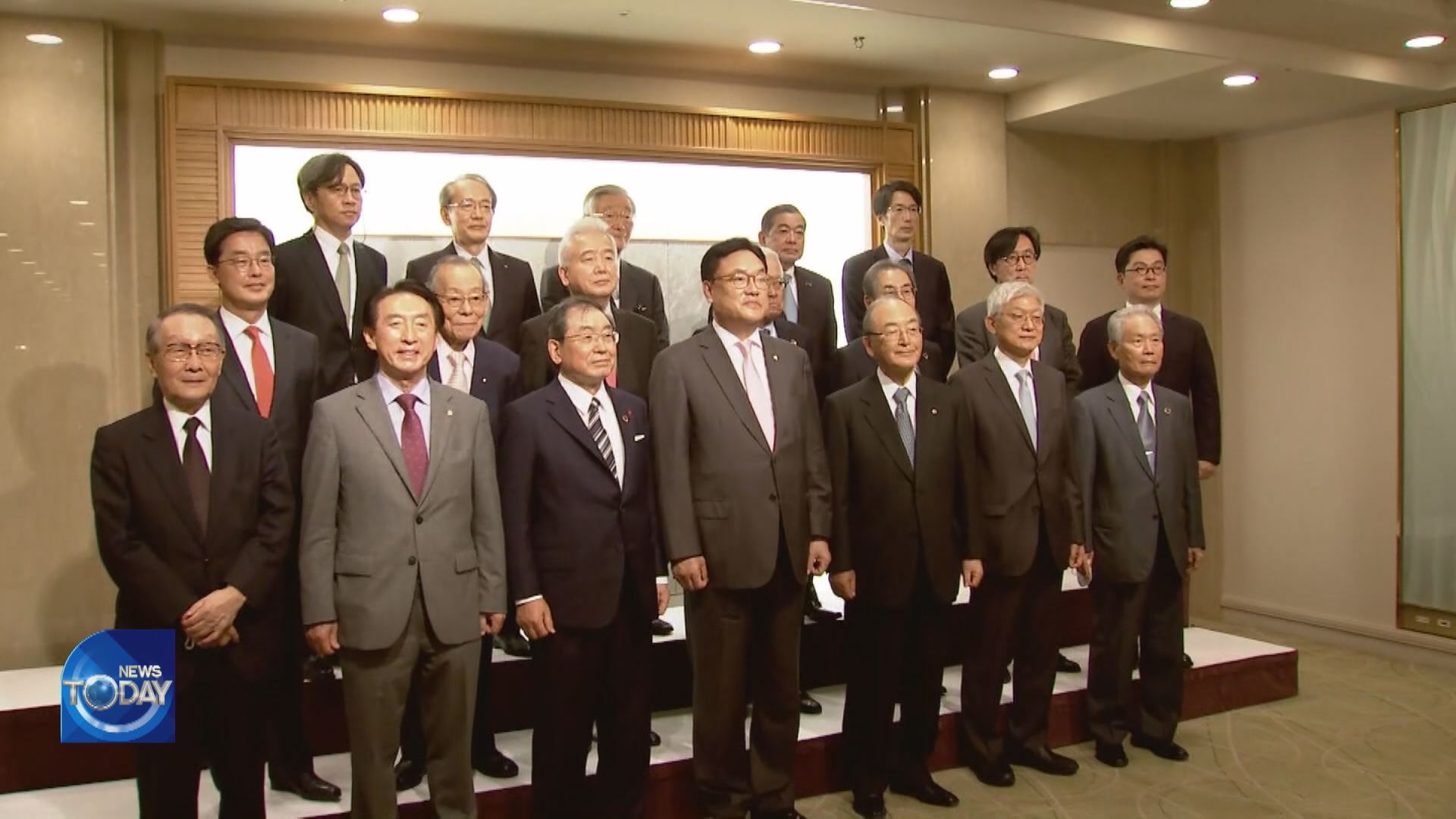
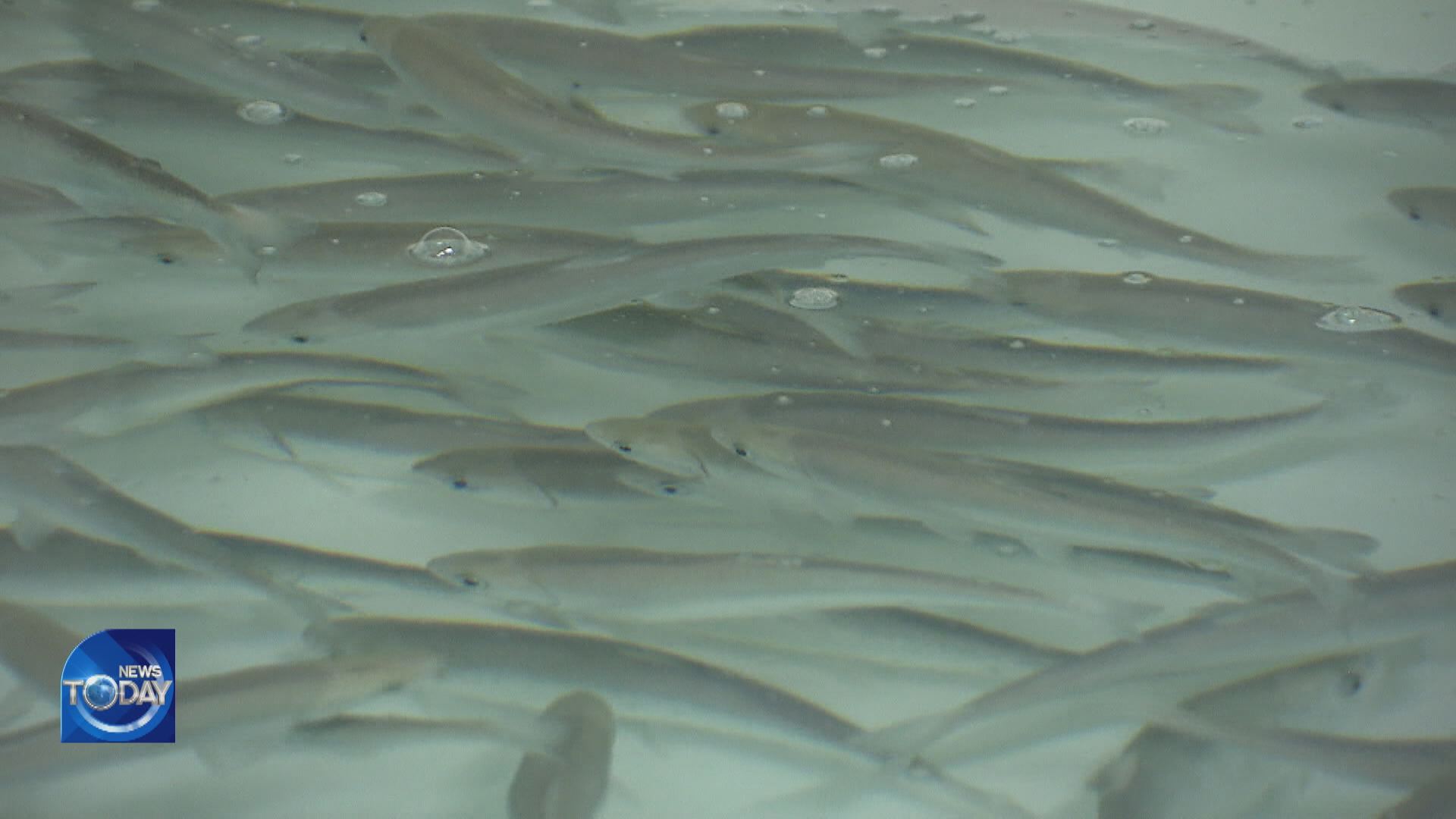
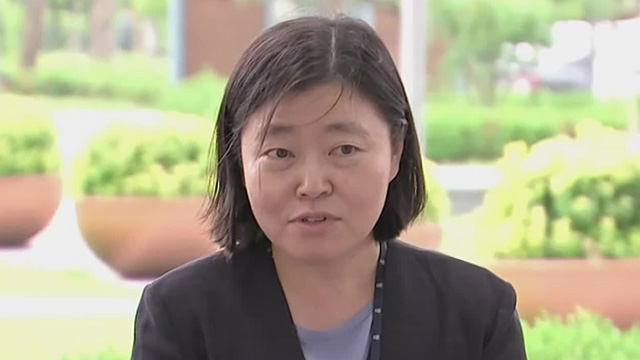
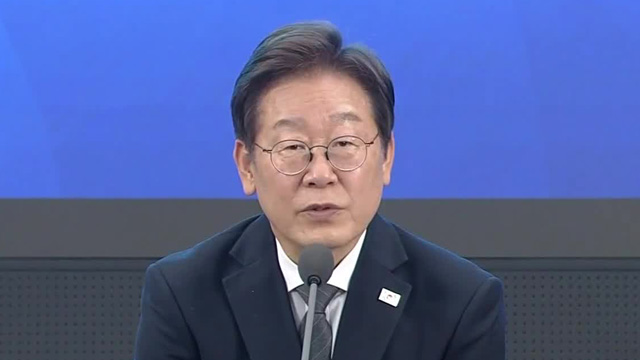

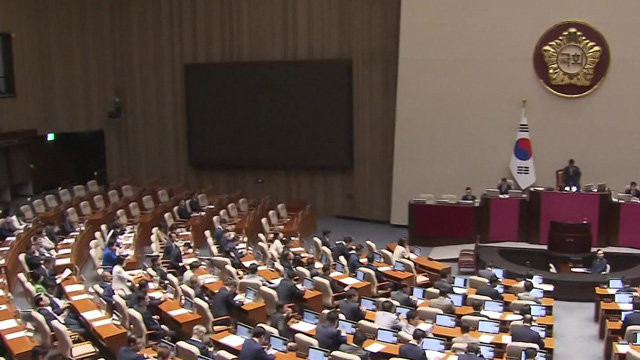

이 기사에 대한 의견을 남겨주세요.